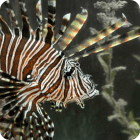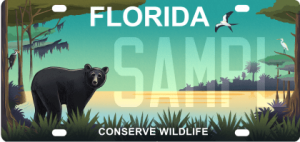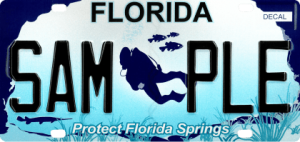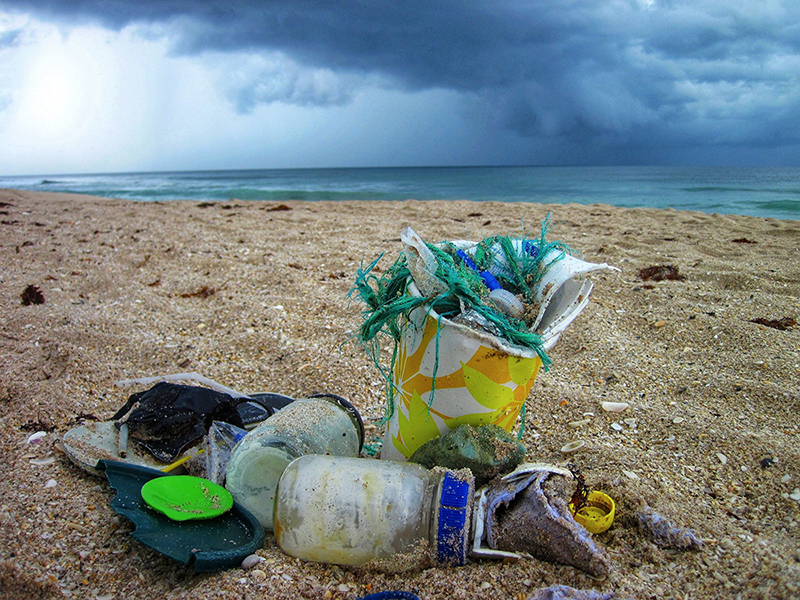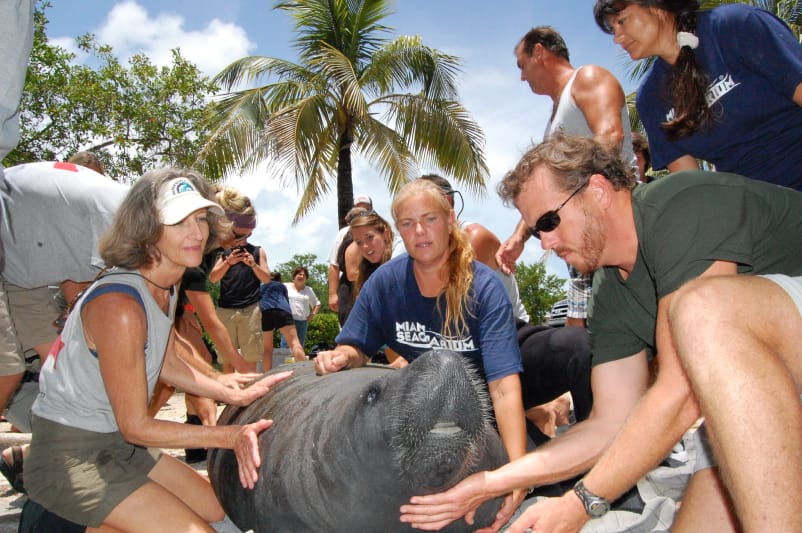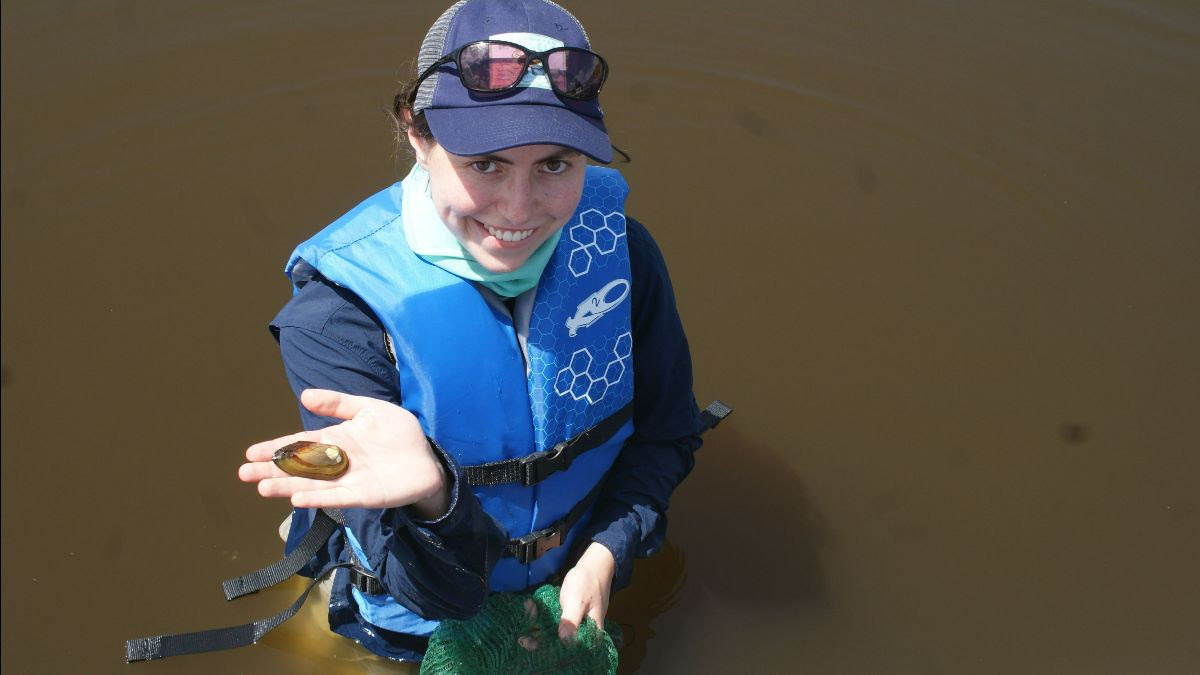
Harnessing the power of nature to help other species requires innovative thinking and data-driven research. Our grant work has funded several nature-based solutions. Our recent Mussels Biologist Conversation explored the work at Lake Trafford.
As a premiere sport fishing destination in southwest Florida, Lake Trafford’s health is crucial. With the help of three grants from our Foundation totaling $191,378, FWC biologists determined that employing paper pondshell mussels as natural filtration systems would improve the lake’s water quality, benefiting hundreds of species in the area.
However, no one had propagated this species of mussel anywhere in the world prior to the project. After FWC biologists tried unsuccessfully to grow mussels for the lake using traditional methods, they turned to nature for help. Mussels need a fish host to reproduce, so native bluegill were used to give the bivalves the breeding boost they needed.
Researchers placed the mussels and fish in a specialized tank system purchased using Foundation funding. In the tanks, the mussels released a mucus net that contained tiny baby mussels. Bluegill swam into the net, collecting the babies on their gills, the most conducive environment for their growth with no negative effects on the fish. The results were remarkable: biologists were able to produce 1,600 mussels with just 30 fish.
This project marks the first time anyone has tried using native freshwater mussel restoration as a larger tool for whole ecosystem restoration in Florida. Biologists are now working to scale up the project and breed tens of thousands of mussels to stock Lake Trafford with the perfect amount of aquatic superheroes.
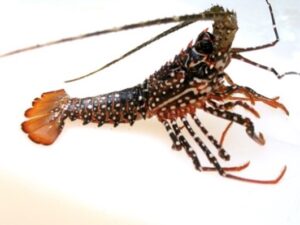
The mussels of Lake Trafford aren’t the only project harnessing nature’s power to help heal itself. When FWC biologists took notice of a sea snail chowing down on stressed-out coral, they decided to call on a white knight in spiny armor: the spotted spiny lobster.
Corals may look unappetizing to you or me, but they are a favorite food of the sea snail, Coralliophila galea. In a healthy, balanced coral reef ecosystem, the snail is not a problem. But for corals already stressed by disease, pollution, rising water temperatures, and other threats like those in Florida, these coral-eating snails become a serious issue.
To protect these castles of thriving marine ecosystems, FWC biologists used a $37,000 grant from our Foundation to investigate the use of lobsters to control the snail population. One fully grown spotted spiny lobster can eat several snails a day. If a connection is found between high numbers of snails in the lobsters’ guts and healthy reefs, the spotted spiny lobsters will be deployed during reef outplanting to help protect young corals.
Interested in learning more about nature-based solutions that support Florida’s unique habitats and wildlife? Stay in the loop by joining our newsletter!



